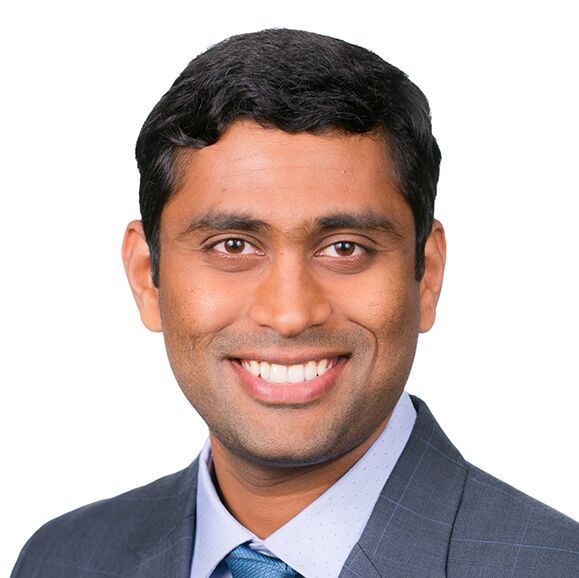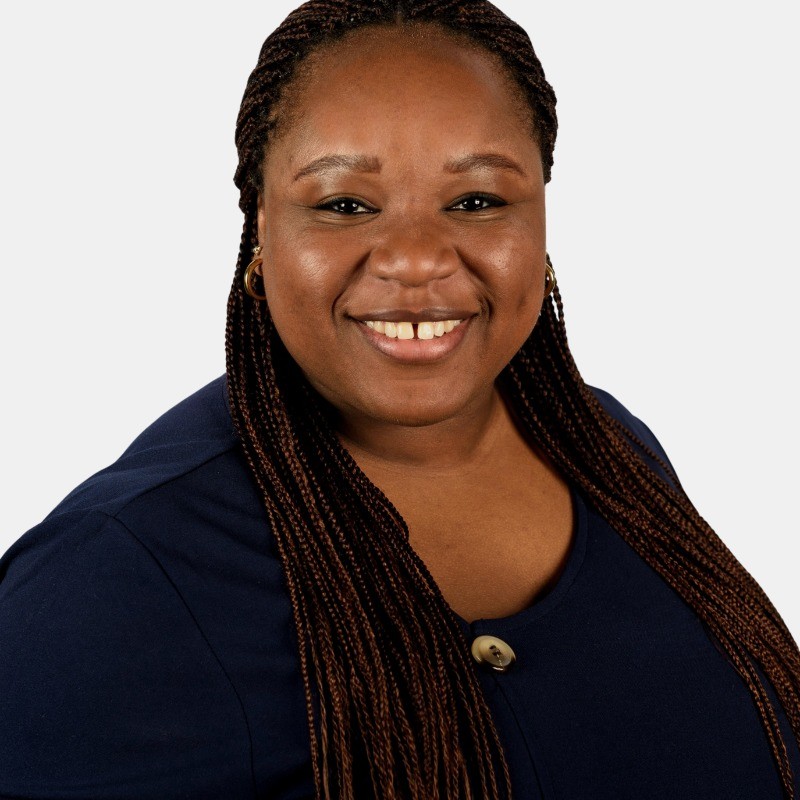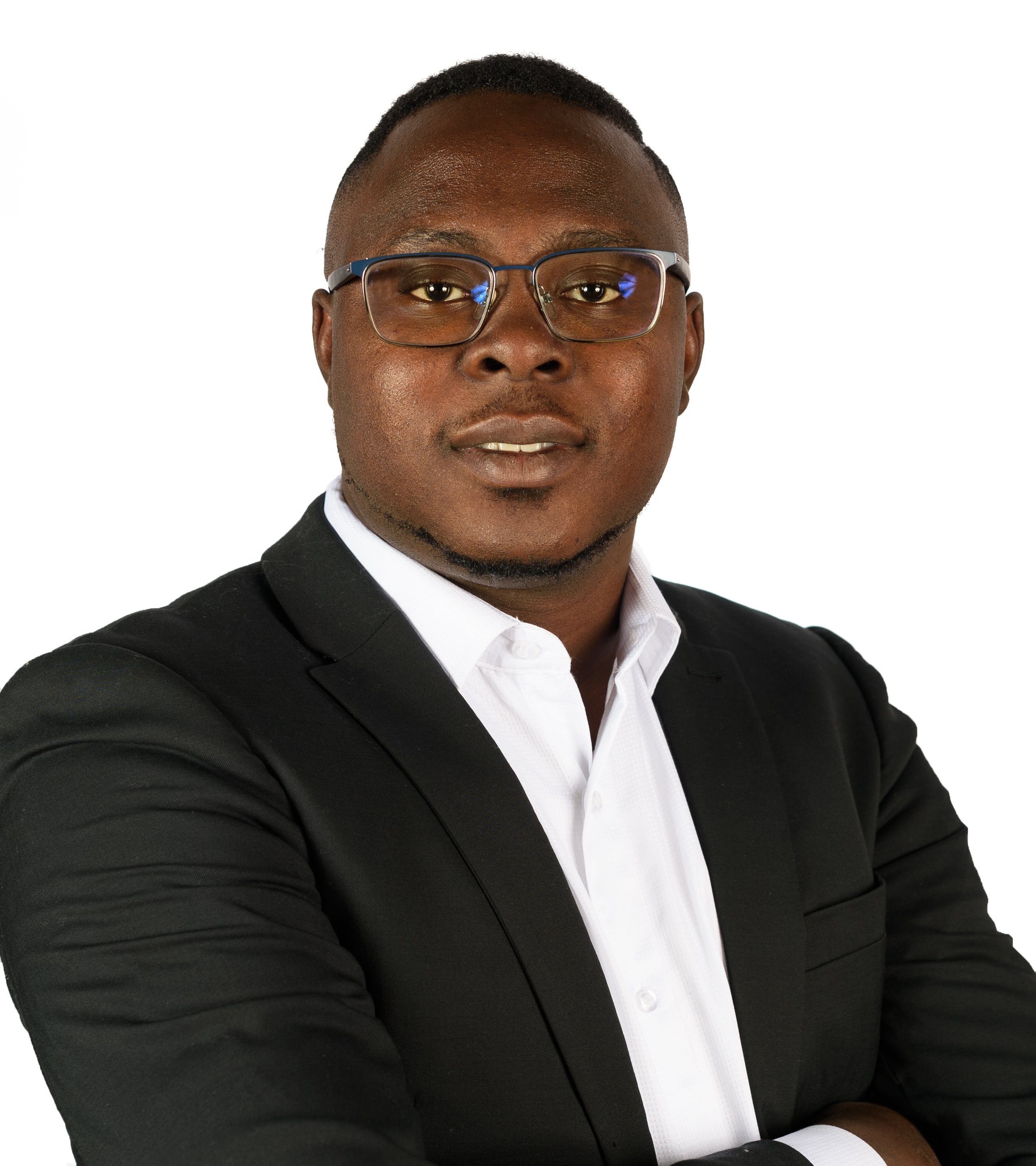The whole (INSEAD) experience essentially puts diversity at the core of our learning process.
Jayanth Mantri

What made you decide to do an MBA? Why the INSEAD MBA?
Over the past seven years at Royal Dutch Shell, I worked in the areas such as Value Chain Optimisation, Operations Management and Technology Consulting. I spent a couple of years in India, a year in the USA and was based out of Bonny Island in Nigeria for the past three years. The international exposure combined with diverse business roles made me culturally aware and laid strong foundations on key business drivers and challenges in the Oil and Gas industry.
I wanted to move into commercial and strategy roles, with a view to grow as a senior executive in the energy industry. I realised it was the right time for me to pursue an MBA to develop strategic thinking and general management skills that complement my financial skills gained from the CFA programme. INSEAD was a top choice for me because of the programme duration (ROI), incredible diversity of participants and of course, its ranking as one of the top business schools in the world!
Is INSEAD what you had expected so far?
The top two things I expected to experience at INSEAD were diversity and intensity. So far, INSEAD exceeded my expectations on both fronts. As cliché as it may sound, it is overwhelming to be amidst a bunch of classmates from 70 nationalities (most of them hold multiple passports) with diverse experiences and career aspirations. I especially enjoyed the classroom discussions, where it is common to hear incredibly opposing views on topics ranging from business ethics to market driving strategies and beyond. This helped me overcome stereotypes and become more open-minded.
Can you describe what is the INSEAD diversity all about?
Diversity at INSEAD comprises of various aspects: nationalities, experiences and perspectives. Each of us is assigned to teams of five to six during P1 and we work together for the first two periods (four months) on all core courses. A closer look at my team can give an indication of diversity at INSEAD in general. Apart from an Indian engineer (me!), my team had a Czech techie, Canadian/Chinese entrepreneur, Belgian banker (and psychologist) and a French/Swiss consultant. Working closely with such a diverse team where members had conflicting priorities and have vastly different reasons to join INSEAD was an interesting challenge. The whole experience essentially puts diversity at the core of our learning process, enabling us to analyse situations from multiple angles before making conclusions. I believe this is a key skill to have and it is a competitive advantage that not many schools can offer.
What is your class experience like?
Professors at INSEAD typically (not always) employ the well-known case method of instruction. This was new to me, especially the way it connects theory with practice. I enjoyed the open discussion in classes, where students add to the learning environment by sharing examples from their personal/professional experiences. Professors facilitate the discussion and summarise the learnings by outlining how things transpired in real life and what considerations were made. Simulations are commonly used in the class to promote experiential learning by enabling us to make real-life decisions with lots of unknowns.
What are your immediate plans after the MBA; do you intend to stay in the same industry or do a career switch etc?
While I am passionate about the energy industry, I’m also evaluating opportunities in other industries where I can work in an intellectually stimulating and challenging environment.
What tips will you give to prospects who are applying to INSEAD’s MBA programme?
INSEAD looks for four key aspects in a prospective student: ability to contribute, academic capacity, international motivation and leadership potential. It is therefore essential that candidates explicitly highlight these dimensions in the online application, by providing evidence from their past experience. That said, here are a few other things to consider (some relevant only if you are admitted):
1) Language requirement: As per INSEAD policy, a student can graduate only if he/she proves proficiency in (at least) three languages. While it is possible to learn a language during the MBA programme, I would advise completing this requirement (learn and get certified) prior to the beginning of P1 because the programme is quite intense.
2) Exemptions: If you have a background in finance/marketing/statistics, it is a very good idea to refresh your basics and take exemption exams for the relevant core courses. This not only gives you more breathing space (much needed during P1-P3) but also helps you devote sufficient time for career and networking activities.
3) Campus choice: Choose your starting campus wisely. Though it is possible to shift campuses during the programme, you’re not always guaranteed a spot in the campus of your choice. So, I would suggest starting on a campus where you’d intend to explore recruitment opportunities.




